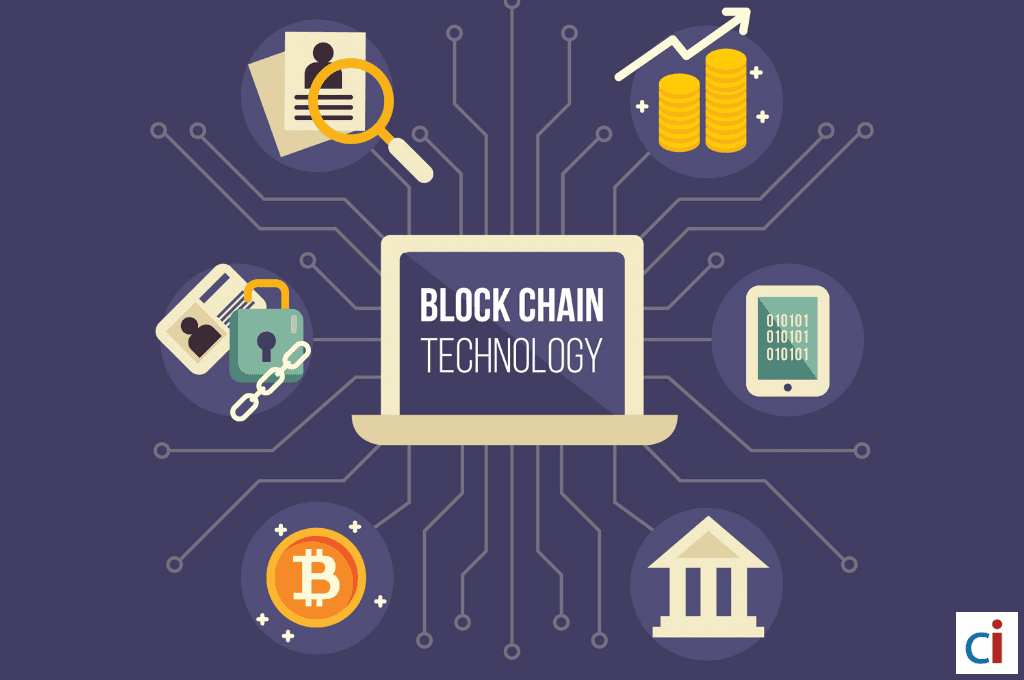
7 Issues Blockchain Technology Can Solve: From Digital to Real Life
Newbies to the cryptocurrency sector frequently mistakenly believe that blockchain technology and digital currencies are the same thing. Although the association between the two makes this error very understandable, it’s still necessary to draw differences between the two. Blockchain technology is used by cryptocurrencies like Bitcoin.
In order to create verifiable sets of data, it can store pertinent information (such as transaction time, exchange amount, and other personal details) and link them together. By suitable encryption, each entry is authenticated, safeguarded, and released to the public for transparency. Blockchain is a distributed digital database of transactions that is updated by many people.
Blockchain enables crypto aficionados to invest and trade safely thanks to its features. As its popularity continues to rise, take some time to know how this innovation is being used beyond trading and investment. This article will first go over seven industries with issues that blockchain can solve.
1. Purchasing and Logistics
Blockchain would greatly assist businesses in large-scale industries (such as the automobile, food, pharmaceutical, etc.). Using technology will assist them in keeping track of their operations because they frequently buy and sell goods to various parties.
All tasks will be completed and verified using the blockchain as the single source of truth if it is possible to trace orders, invoices, and payment information smoothly from beginning to end.
2. Accounting
Blockchain is being utilized to optimize accounting operations. Accounting professionals can easily record transactions and verify asset ownership using blockchain. In turn, blockchain technologies can assist businesses in lowering operational costs and team workload.
Although blockchain can record financial transactions, this does not mean that it will replace accountants in the field of accounting. Although technology is developing quickly, critical jobs like auditing still need to be carried out by qualified professionals. All things considered, blockchain technology should be seen as a supplemental tool.
3. Social Networking Sites
Social networking sites are free to use for anybody. This is due to the fact that the products are the personal information you give out online and the material you post and consume there. To overcome this, blockchain in social media is more about data ownership and protection. Blockchain gives people power and allows them to regain ownership of their data, even though it can also provide data security.
Blockchain-based social media networks give users direct ownership of the content they produce, giving them the option to make money off of the data they produce instead of a tech giant like Facebook allowing you to use their platform for free because they make money off of you.
4. Insurance
The insurance industry frequently deals with the problem of fraud. People who seek financial relief may look for loopholes in their policies and turn to unethical techniques to gain money. This is precisely why thorough documentation of records will be crucial for both clients and service providers.
Blockchain technology can guarantee fairness between the parties because entries cannot be changed so easily, especially when it comes to claims.
5. Healthcare
In their lifetime, a person might require the assistance of multiple healthcare professionals. (e.g. pediatrician as a child, internal medicine doctor as an adult, and an OB-GYN when pregnant for women). With this, blockchain technology can provide a global and uniform source of truth that all healthcare providers can use with ease, instead of trying to get access to each healthcare provider’s walled garden of information.
Blockchain’s features allow workers to securely digitize physical data; automatically navigating documents will also prove to be valuable for processes such as elections and citizenship applications.
6. Community Service
Inaccuracies in the documentation are a common issue in government agencies. Thousands of files are kept in various drawers, so disarray can make it difficult for staff to assist clients who are in need of their services. The good news is that by securely digitizing files, blockchain can allay this worry.
7. Security
Overall, insider and cybersecurity threats within firms can be eliminated using blockchain technology. This can significantly lower the risk of a database leak because only authorized employees can access the entries in a ledger. In case an unauthorized user attempts to manipulate an entry, everyone in the network will be promptly aware of this modification.
Future Blockchain Technology
Given the aforementioned considerations, it is obvious that blockchain technology has applications outside of the realms of cryptocurrencies, trading, and investing. You’ll have a greater understanding of how it might affect various industries and how the financial landscape may change in the not-too-distant future.
Other Interesting Articles
 Will the Philippines Ban Offshore Gambling Operators Amid ‘Political Risks’ with Chinese Customers? Mar 24, 2023
Will the Philippines Ban Offshore Gambling Operators Amid ‘Political Risks’ with Chinese Customers? Mar 24, 2023











